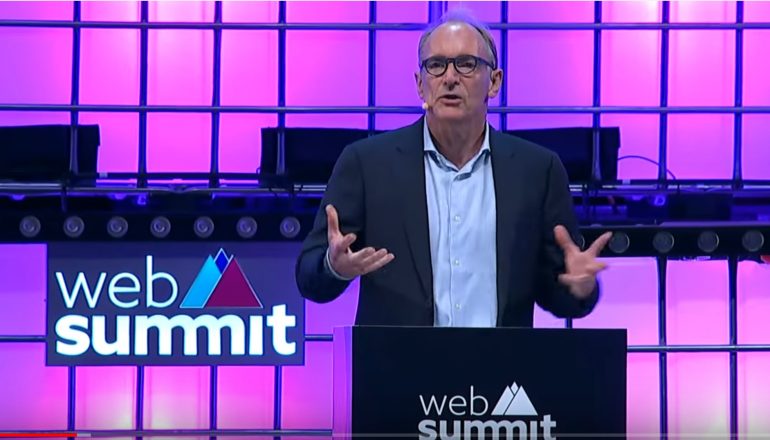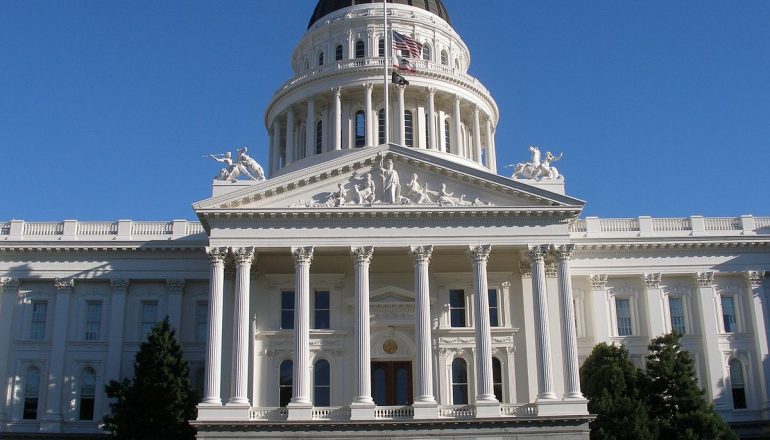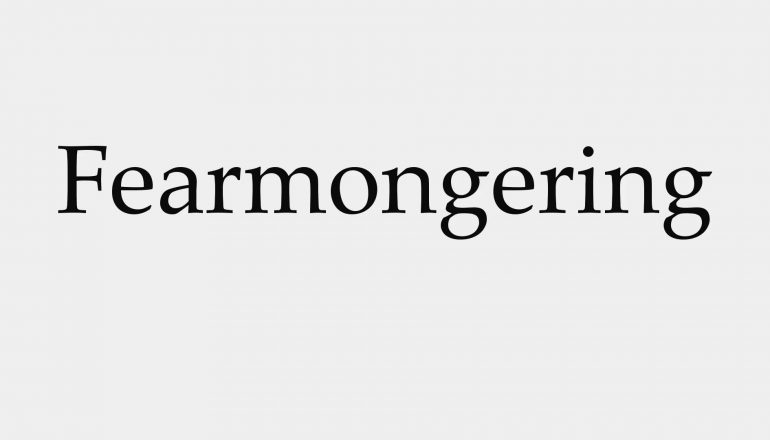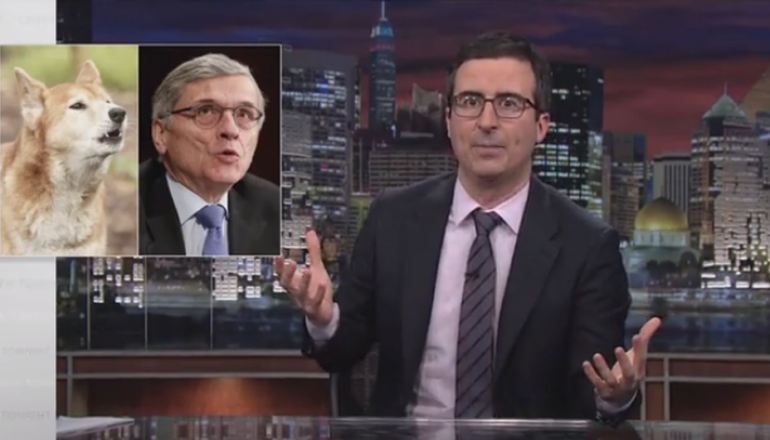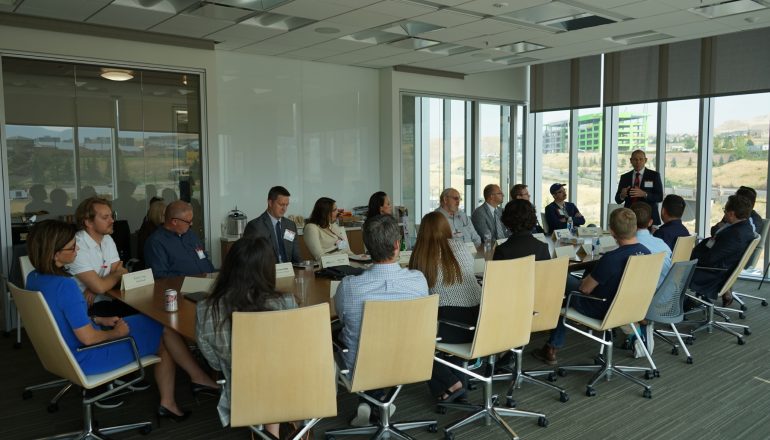Thanks for the Sideshow, Let’s Get Back to Work
We need clarity about our antitrust standards as they apply to the Internet, safeguards for personal data, and reverse auctions to bring better broadband to rural America. None of that is terribly sexy, but it’s all important.
California’s Unlawful Net Neutrality Law
The Justice Department has already filed suit to block the California law, so this is the time for supporters to bring forward the case law they claim supports their position. Don’t hold your breath.
Senator Markey Redesigns the Internet
In reality, the Markey amicus doesn’t describe the Internet that we use today. It addresses an entirely different system that didn’t exist in the past either. ISP service is combination of transmission and information processing that serves the needs of the information society. And it appears to be serving those needs pretty darned well.
Emotion Threatens Reason in Tech Policy
Enjoying the benefits of ICT and the Information Age requires us to adopt new models of regulation that are fit for the task. For this to happen, we’ll need to stop demonizing every new invention for the sake of eyeballs, audience, and ad revenues.
Net Neutrality Lawmaking May Be Near
Finding sponsors to carry the bill may be troublesome before the mid-term, but a legitimate work product will be useful whenever Congress is of a mind to consider legislating. We may actually be closer to legitimate, regular Congressional action on Internet regulation than we’ve been since the summer of 2010.
CyberTurfing: The Way Democracy Ends
These tools enable one activist to look to the Internet like a whole crowd. It also enables activists to look like they vote in districts where they don’t live and to make phone calls to Congress that look like they come from constituents when they don’t. This is a corruption of our democracy.
California’s Shining Path to Internet Regulation
California simply has some motivated politicians seeking to capitalize on the state’s animus toward the FCC, Washington, the Red States, and the Trump Administration with a symbolic act of rebellion. Net neutrality is a California export, so in some sense it’s fitting for it to come home.
Judge Kavanaugh and the Internet
Changing ISPs from their historic status to Title II is a move the FCC can’t make without Congressional authorization. This is especially true given the 1996 Telecommunications Act clearly declares ISPs to be information services. There is no clue in the ’96 Act that substituting dial-up for broadband changes the nature of ISP service.



